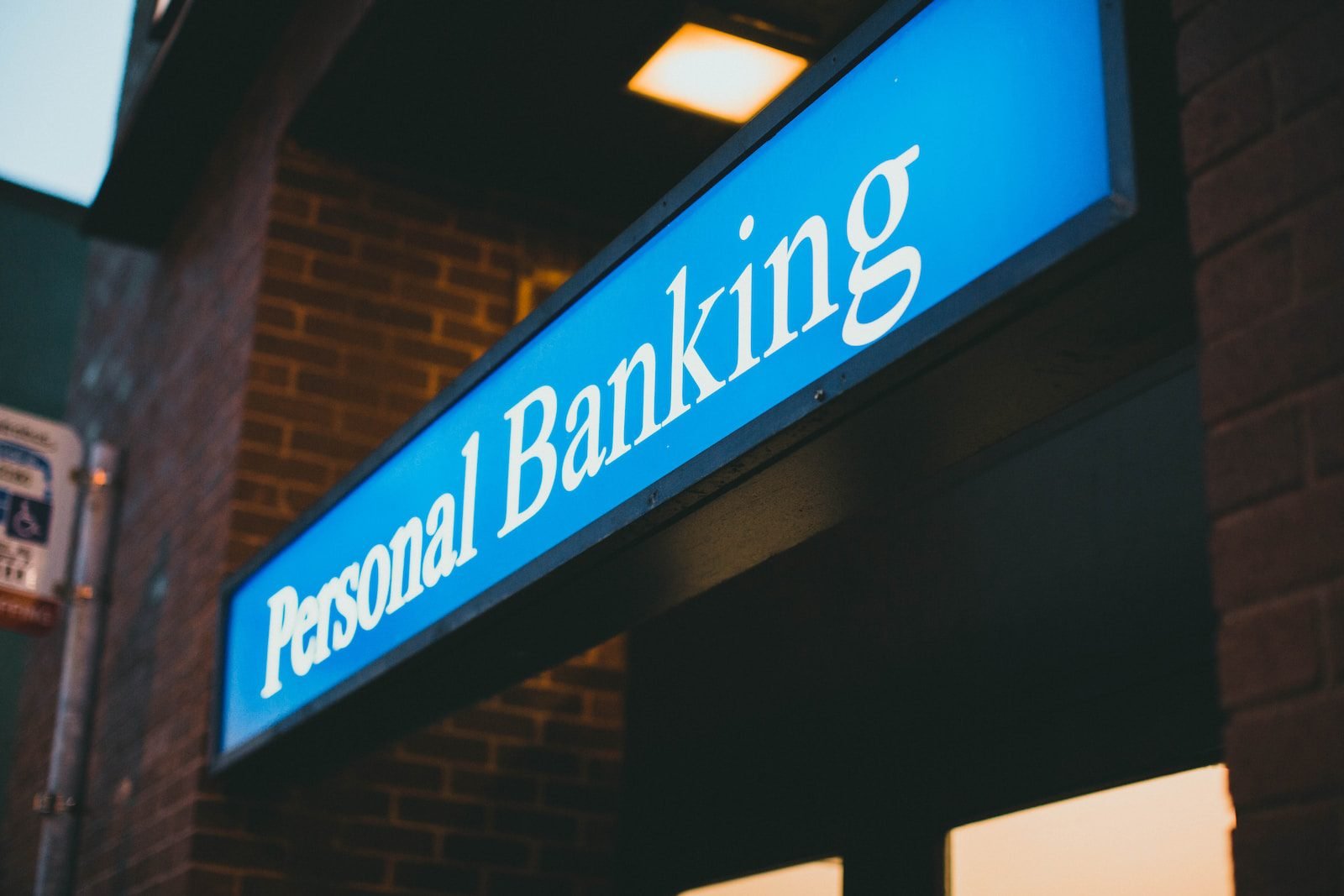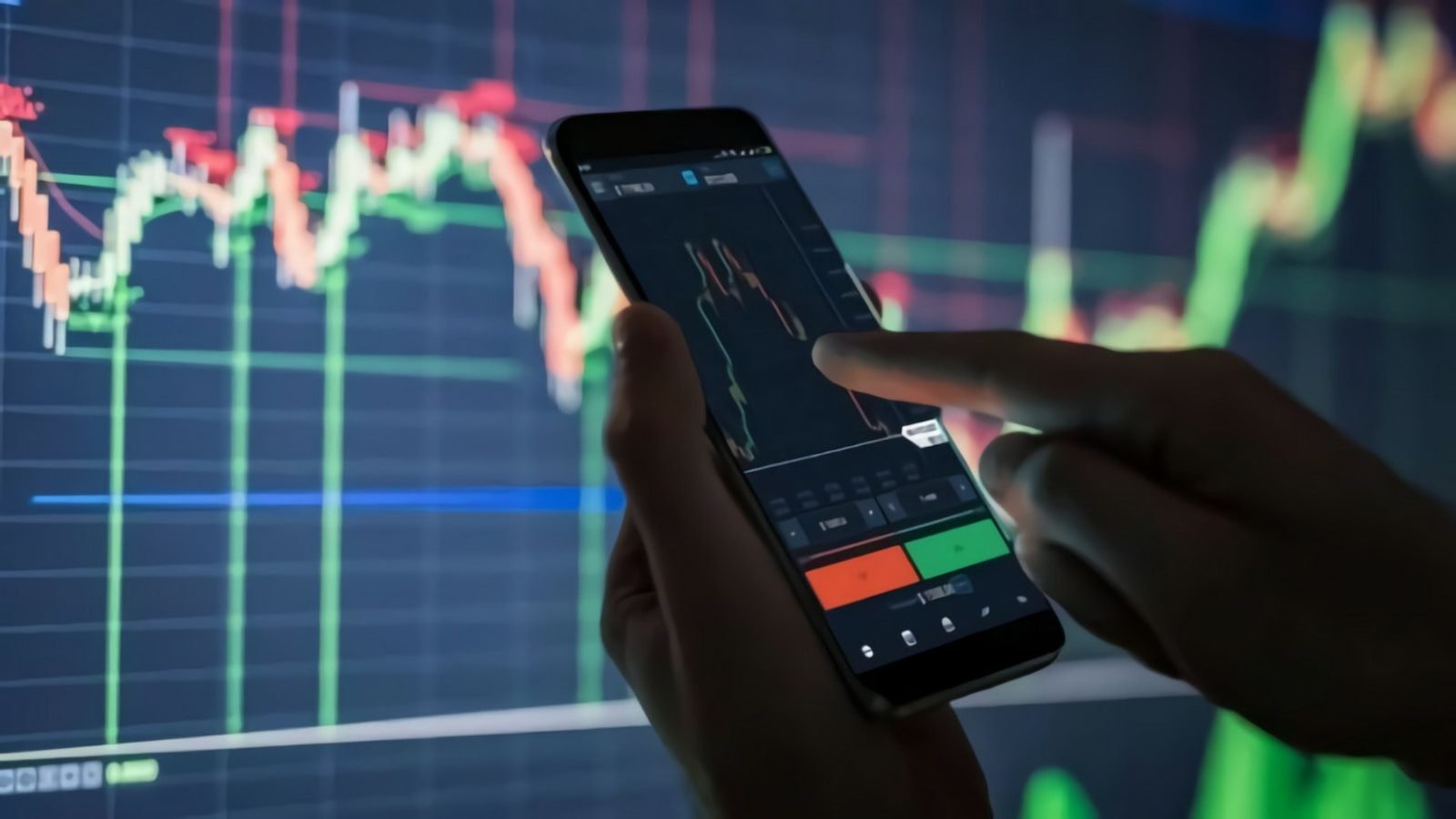As two US lenders failed, Credit Suisse in Switzerland requested a government lifeline, and America’s top banks agreed to give a $30 billion rescue agreement – all in the space of 10 days – global banks are now facing their worst crisis since 2008.
It is unclear if the US Federal Reserve, US Treasury, and the private sector will be able to minimise the damage as a result of the instability, which has heightened concerns about a contagion.
This is a timeline of significant occasions:
The cryptocurrency-friendly bank Silvergate Capital Inc. announced on March 8 that it would voluntarily liquidate and cease operations.
According to Silicon Valley Bank (SVB), it plans to raise $2.25 billion in preferred convertible shares and common equity.
March 9: After SVB’s statement and the closure of cryptocurrency bank Silvergate, the S&P 500 bank index plunges. SVB stock plunges 60%, forcing the corporation to rush to ensure its customers that their money was secure.
SVB is closed down by a California regulator on March 10 and the Federal Deposit Insurance Corporation (FDIC) is named as receiver. US bank stock declines continue, heaviest hurt being regional lenders. In an effort to assuage investors concerned about a spillover, American lenders First Republic Bank and Western Alliance claim that their liquidity and deposits are still healthy. Greg Becker, CEO of SVB, resigns from the Federal Reserve Bank of San Francisco’s board of directors. In order to discuss the collapse of SVB, US Treasury Secretary Janet Yellen talks with banking regulators.
March 11: According to Bloomberg News, the US Federal Reserve and the FDIC are debating the establishment of a fund that would enable regulators to support more bank deposits.
Yellen claims that she is actively collaborating with banks authorities to address the SVB collapse on March 12. SVB customers will have access to their money, US officials later claimed. The New York-based Signature Bank is taken over by the Department of Financial Services of New York State.
Silicon Valley Bank’s UK business is purchased by HSBC on March 13 for one pound. The FDIC claims to have moved all of SVB’s deposits to a recently established bridge bank. According to US Vice President Joseph Biden, Americans can feel confident that the banking system is secure as a result of the administration’s activities. According to Western Alliance Bancorp, it has over $25 billion in cash reserves and that more than 50% of its entire deposits were insured. First Republic is the leading US regional bank by market share as credit risk indicators flash red amid investor concern over contagion risks.
The US Federal Home Loan Banks increase their lending war chests to give banks more liquidity as the demand for cash remains higher than usual.
Moody’s Investors Service changes its outlook for the US banking system from “stable” to “negative” on March 14 due to increased risks. According to a source with knowledge of the situation, US authorities are looking into the collapse of SVB.
Credit Suisse, a troubled Swiss powerhouse, said on March 15 that it will increase its liquidity by borrowing up to $50 billion from the Swiss National Bank.
On March 16, Yellen said during a US Senate hearing that only banks deemed a contagion hazard would have their uninsured deposits guaranteed. Her statement caused concerns about smaller banks.
First Republic Bank receives $30 billion in deposits from major American banks to support the lender’s finances.
SVB Financial Group declares bankruptcy under Chapter 11 on March 17.
March 18: According to two persons with knowledge of the situation, UBS is considering a purchase of Credit Suisse that might entail the Swiss government providing a guarantee against the risks involved.
On March 19, UBS and Credit Suisse reached an agreement to merge for 3 billion Swiss francs in stock and up to 5 billion francs in losses.
March 20: After failing to find a buyer for the lender, the FDIC plans to split up SVB and stage two separate auctions for its standard deposits arm and its private bank.
US Treasury Secretary Janet Yellen informs bankers on March 21 that she is ready to take action to defend depositors in smaller American banks.
March 22: Yellen claims to lawmakers that she hasn’t thought about or discussed “blanket insurance” for US banking deposits without Congress’s consent, which has investors worried once more. Jerome Powell, the chairman of the Federal Reserve, claims that the demise of SVB is not a sign of deeper flaws in the banking system.
On March 24, Deutsche Bank’s stock fell 8.4% in Europe, and the price of covering the bonds of the business against default risk increased. In Europe, other banks equities are also falling.
Press conferences, company statements, sources, and media stories are all sources.





